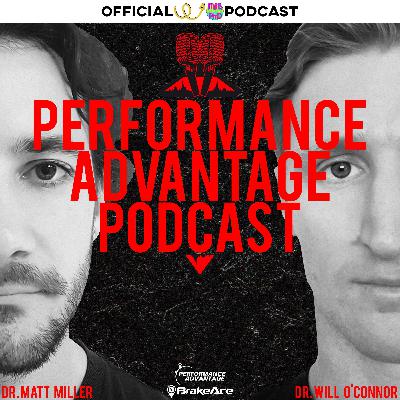116 | Burnout and Overtraining - How to Avoid the Inevitable and Why It's OK
Description
As an endurance athlete, it's easy to get caught up in the mentality that more is always better. However, there's a fine line between pushing yourself to your limits and overtraining. Burnout and overtraining can have similar symptoms, such as fatigue, decreased performance, and lack of motivation. The difference lies in the cause - burnout is often a result of psychological and emotional stress, while overtraining is caused by physical stress from excessive training. It's important to listen to your body and recognize the signs of burnout or overtraining to prevent long-term negative effects on your performance and overall health. Remember, rest and recovery are just as important as training to achieve your endurance goals.
---
Support the show by leaving a review and sharing an episode! Every review helps us bring sports science to the people!
REAL useful science! Our Sports Science Masterclass gives you the 'here's how you do it' evidence-backed information. This course was originally conceived of to upskill top international coaches, but is digestible for any athlete who wants to use science to be their best. Enrol now and receive a FREE power meter course (Value $299) https://link.performanceadvantagepodcast.com/course
Follow Dr Matt on Instagram: https://link.mtbphd.com/instagram
Follow Dr Will on Instagram: https://link.drwillo.com/instagram






